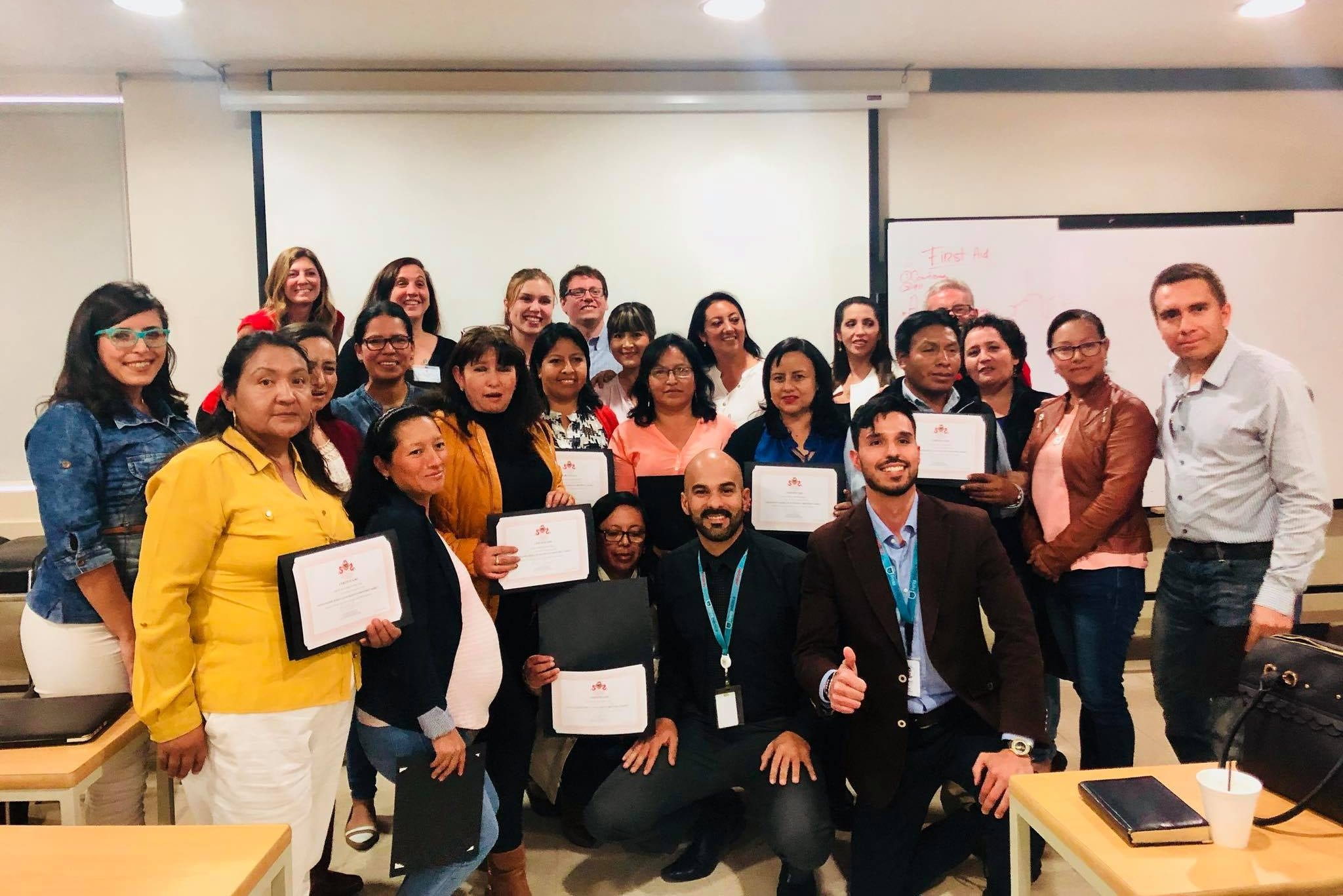Maternal Nutrition, Fetal Growth, & Brain Development in Ecuador
A pilot study of maternal nutrition practices and fetal growth in Ecuador.

Location: Quito, Ecuador
Collaborators: Brown School Washington University in St. Louis, Washington University in St. Louis School of Medicine, Universidad San Francisco de Quito
Description: Recent evidence identifies nutrition during pregnancy as one of the most important determinants of child growth and development. Despite evidence showing a large proportion of stunting (20%) occurs in utero, maternal nutrition remains a low priority globally and a poorly understood window in the first 1,000 days framework. Among indigenous populations in Ecuador, childhood stunting rates climb as high as 42.3%. This pilot study aimed to 1) characterize the relationships between nutrition and traditional beliefs and practices during pregnancy among mothers and pre-natal care providers from indigenous communities of Ecuador; and 2) test the feasibility of a field-friendly technology for ultrasound imaging of fetal growth, bone development, and brain parameters.
Pregnant women (n =47) were recruited from four health centers in Pichincha Province, Ecuador. Women were surveyed on demographic, socioeconomic, morbidity, and nutritional intake information. Additional maternal measurements included height, weight, and blood pressure. Fetal growth and brain development measures were collected with an obstetric ultrasound performed by a trained stenographer. Focus groups and in-depth interviews were conducted with women and pre-natal care providers to explore beliefs and practices related to food preparation and consumption during pregnancy.
Sponsors: Washington University in St. Louis Global Programs, Office of Medical Student Research at Washington University School of Medicine through the Summer Research Program and Summer Opportunities Abroad Program